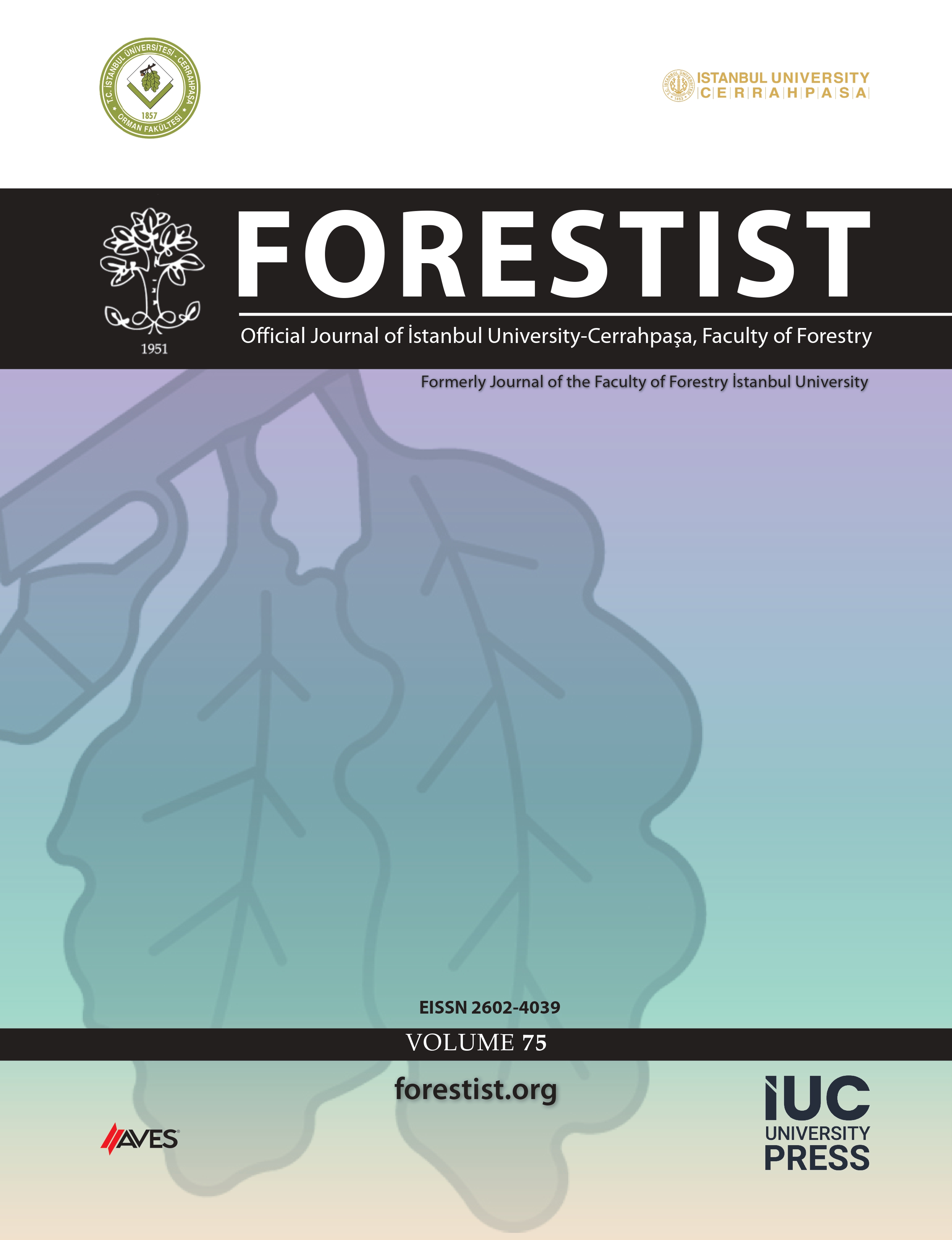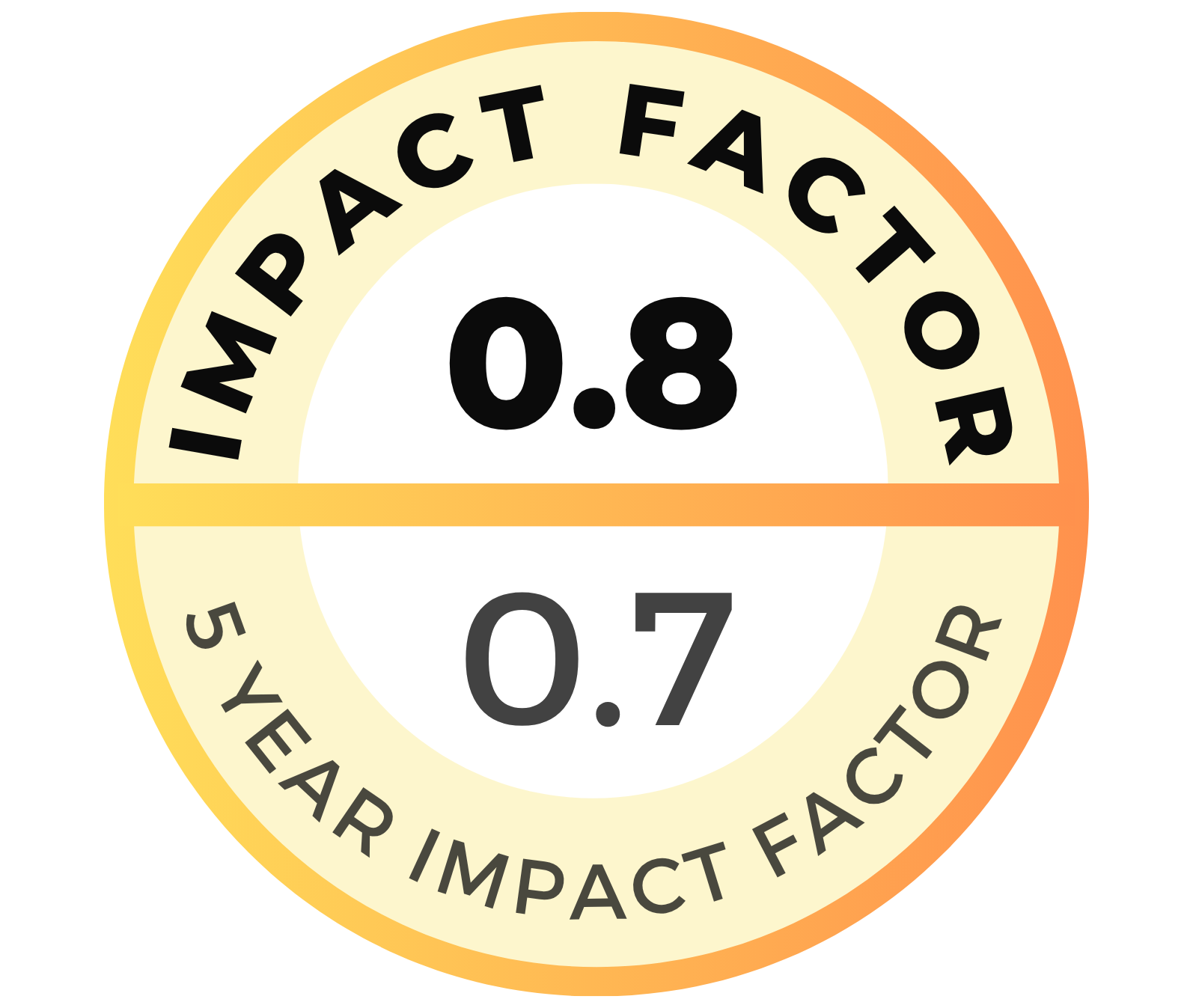The Kebe block forest in the East Region of Cameroon serves as a research and teaching forest. Despite the importance of this forest for research and teaching, it provides for the local population living around the Kebe block of Belabo an important source of goods and services needed for survival. In order to ensure a more sustainable management of the ecosystem services provided by this forest, this study set out to evaluate the level of dependence of local households on the ecosystem services provided by this forest. Multiple regressions were used to assess the influence of household sociodemographic and economic factors on the ecosystem services identification rate. Based on a list of 27 goods and services, grouped into three ecosystem services, the identification rate by local households was the highest for the provisioning service (89%), followed by regulation (9%) and cultural service (2%). Multiple regressions showed that monthly household incomes and length of time spent in the village were the two variables that significantly influenced the rate of identification of provisioning and cultural services, respectively. No factors were identified as influencing the rate of identification of regulation service. Thus, this study documents the importance of ecosystem services and their identification rate perceived by local households and the influence of local knowledge on households’ decisions to conserve natural resources of the Kebe block forest.
Cite this article as: Djomo Cédric, C., Yaya Christian, E., Toukam Marlène, N., Sorel Léocadie, I., Yonkeu Amandine Flore, N., Guylène, N., Tchuenwo Diane Christelle, T., Pany, N., Sapock Narcisse Didier, M., Princely Awazi, N., Ngueguim C. E., Kabelong Banoho L. P. P., Misse A. C. & Zapfack L. (2023). Local population perspectives of the ecosystem services provided by the kebe block forest in the east region of cameroon. Forestist, 73(2), 191-196.




.png)
